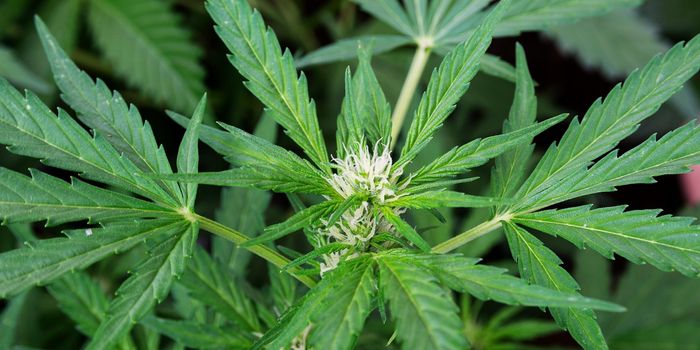Lawmakers Approve VA Healthcare Provision Allowing VA to Research Medical Cannabis for Veterans
In the past year there’s been more individuals associated with the military, either having served or representing servicemen or women, who have spoken out about the benefits of medical cannabis for veterans. According to the Pew Research Center, there were around 20.4 million US veterans in 2016. Military veterans have increasing rates of particular debilitating medical concerns and there are perceived and actual barriers to treatment based on stances taken by the Veteran’s Health Administration.
Medical cannabis has been shown to produce positive effects for pain, mental health concerns including post-traumatic stress disorder, social anxiety, reducing opioid and benzodiazepine use, traumatic brain injury, and phantom limb pain. Individual state medical cannabis programs and laws have made cannabis available to patients for over 15 years upon the recommendation by an approved physician, however the Veteran’s Administration (VA) has not historically supported those recommendations. If veterans used medical marijuana, as recommended by a physician outside of the VA health system, those veterans were denied access to VHA services. That changed in 2011 under the VHA Directive 2011-004; there is, as yet, current resistance by the VA toward medical cannabis use for a variety of reasons, however.
Cannabis is still a Schedule I drug, as classified by the U.S. Controlled Substances Act. It is illegal at the federal level in the U.S. The VHA physicians cannot recommend medical cannabis at this time because of the complications surrounding federal law and the VA’s stance on this issue.
Just in the last few months, legislators have gotten involved; a Veteran’s Affairs Subcommittee met to discuss medical cannabis use in April and this month, the group voted with unanimous support to advance a VA healthcare overhaul which included a provision for the VA to research medical marijuana use legally for treating veterans and their medical conditions. According to VA officials, the federal laws have prohibited exploration of this topic in therapeutic approaches offered to veterans seeking care; lawmakers want this provision to open doors to the VA to gather data on whether this drug, or parts of the plant including cannabinoids that do not induce a psychoactive state, could be medically beneficial for veterans.
Sources: Military Times, Veterans Cannabis Project, Americans for Safe Access,









